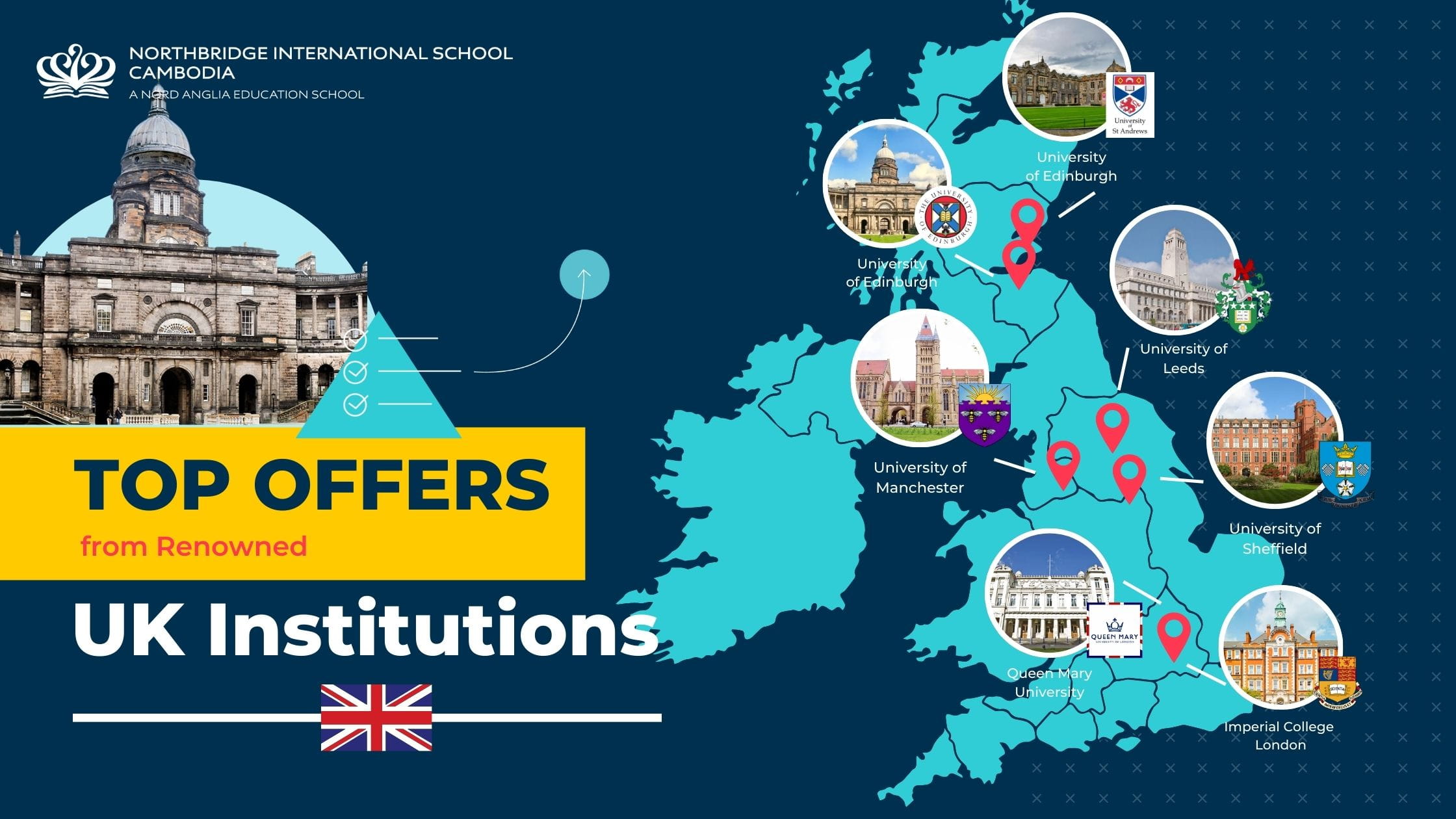Looking back at this year's best moments and activities that celebrated Science at Northbridge
Academic year 2018-2019 was full of interesting learning experiences in all our Science courses at Northbridge International School Cambodia. Students had the opportunity to learn and strengthen their scientific skills through the activities that teachers in the Science department guided in their classes. Now that the year is coming to an end, we look back at some moments and activities to celebrate Science at Northbridge.
Academic year 2018-2019 was full of interesting learning experiences in all our Science courses at Northbridge International School Cambodia. Students had the opportunity to learn and strengthen their scientific skills through the activities that teachers in the Science department guided in their classes. Now that the year is coming to an end, we look back at some moments and activities to celebrate Science at Northbridge.
Getting a Bunsen burner license is a big thing!
Grade 6 students under the guidance of Ms Donna and our lab technician, Ms Thida, got their license to use Bunsen burners in the Science labs.
This is a practical skill that is used all the way from Grade 6 to Grade 12 and the safety around the use of this equipment is something big for any scientist. Grade 6 students are now ready to go for it and they have a license to prove it.
In words of Ms Donna, “It has been a pleasure to be part of the journey of learning. I encourage all of Grade 6 to continue focusing on ways that they learn best and becoming the success they hope to achieve.”

Variety of instructional approaches is essential in Science
Biology students in Grade 11, under the guidance of Mr Piotr, studied the IB Diploma Biology syllabus using a range of strategies and activities that enabled them to learn the demanding content and further develop their scientific skills.
Building models, designing, conducting and collecting the scientific data are among the strategies used in Biology class.
“This semester, we put special emphasis on developing mathematical skills to process the quantitative data accurately, transferring students' knowledge on descriptive statistics and the use of statistical tests," said Mr Piotr.
"Everyone demonstrated self-motivation and perseverance in completing laboratory investigations and collaborated effectively with others on a team."

We make SENSE out of things here!
Practical activities are at the core of learning in Science. Grade 9 students, guided by Ms Silvia and Mr Diego, learned about the nervous system and how our senses work together to help us navigate the world.
The senses of sight and touch were explored with practical activities that helped students understand complex concepts and the interactions between the parts of a system.
The dissection of a pig’s eye let students understand how the different parts of this organ interact and the highly complex structure that is required for animals to see the world.
“As usual, some students are grossed out with the activity but even those who didn’t touch the eye, could see and learn - from a safe distance - how the different parts interact together,” said Ms Silvia.

Can you rank seven different grades of sandpaper only using only your fingertips to tell them apart and get them in the correct order?
This was one of the challenges students were given to study how sensitive nervous receptors are.
“It was great to see students realize that the receptors in our fingertips work so well. Only in 1% of the performed tests, students ranked 2 different grades of sandpaper incorrectly. Our nervous system is amazing”, said Mr Diego.









